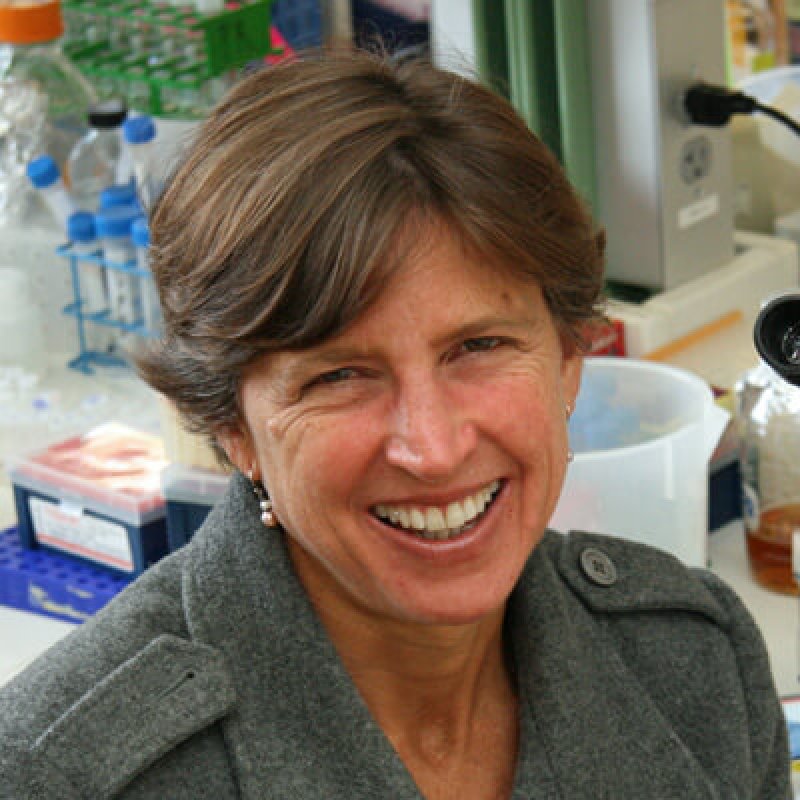Pamela Ronald is a professor at the Department of Plant Pathology and the Genome Center at UC Davis. Ronald is also the co-author – with her husband, Raoul Adamchak, who manages UC Davis’ student-run organic student farm – of Tomorrow’s Table: Organic Farming, Genetics, and the Future of Food. And this is key about Ronald’s work: she’s embracing both genetically improved seed and ecologically based farming methods, as a means to enhance sustainable agriculture.
Q: What would you want those who oppose this kind of genetic engineering to understand about your work?
Ronald: What we’ve lost in the discussion about plant genetics are the goals of sustainable agriculture. It doesn’t matter how seed has developed, as long as it’s proven to be safe and is approved by the appropriate regulatory agencies – the genetic methods used in food and medicine are safe for humans and the environment. And there’s consensus on this by all of the major scientific organizations across the globe.
Go with science first of all. Then focus on the goals of sustainable agriculture. There are key questions we should be focusing on. For example, how can we use less land and water, or use land and water more efficiently? How can we reduce toxic inputs? How can we foster rural communities, help farmers thrive and help feed the poor and malnourished? How can we improve soil productivity?
Q: You and your husband have carved a sort of via media – a middle road – that is bringing people with different perspectives together … essentially, building bridges. What do you think of this assessment?
Ronald: It’s interesting that the public has come to believe that organic farming is diametrically opposed to genetics. That’s untrue … organic farmers also rely on genetic improvements.
The GLP aggregated and excerpted this blog/article to reflect the diversity of news, opinion and analysis. Read full, original post: Q&A: Pam Ronald, UC Plant Geneticist































